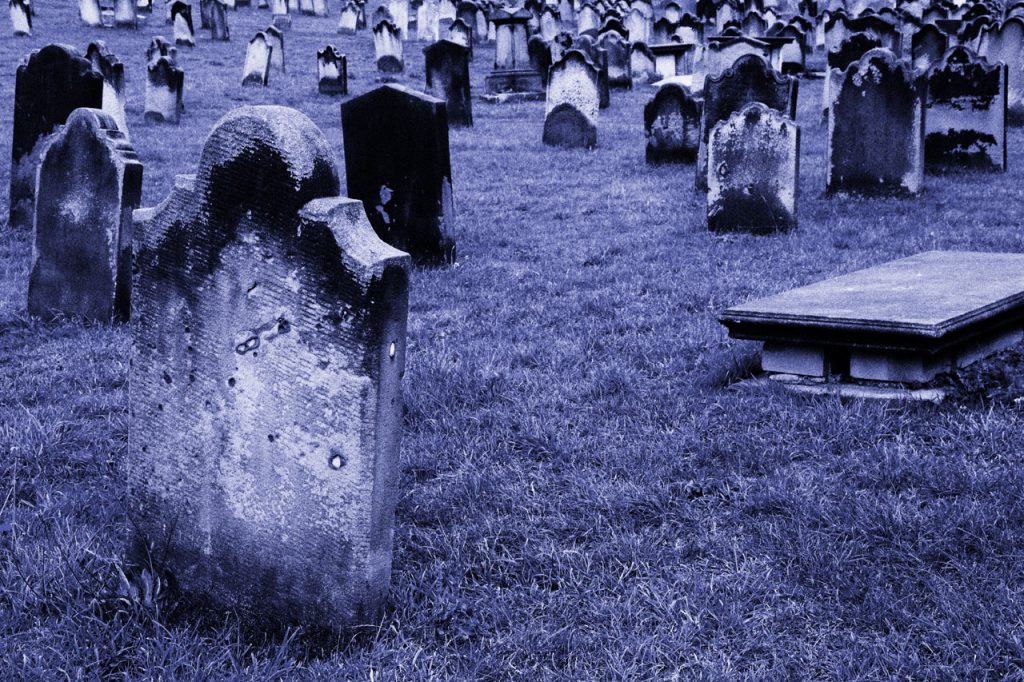As a pastor, I have spent time with people across the full spectrum of human life. I have officiated weddings, conducted baptisms, and visited the dying. One of the things this has impressed upon me is that every life is moving in the same direction.
For most of us, it’s very easy to forget that life in this world moves in one direction only. Quite often, we drift through life so focused on our occupations and our recreations that we forget our destination. For North Americans especially, it has been far too easy for far too long for our many comforts to anesthetize us from the stubborn reality that our days are numbered.
In this sense, the coronavirus pandemic has been a gift, an opportunity to remember: our lives will someday end, and it may be much sooner than we’d expect. For all our beauty and struggle, for every happiness and hardship, you and I are at last finite creatures. Every book comes to its final chapter. Whether you hate the story or love it, you eventually run out of pages.
Does anything come after death?
Some will tell you that the answer to this question is negative. Despite the antiquity and ubiquity of belief in an afterlife, many people today confidently assert that the sense of eternity – experienced by millions of people across all ages, places, and races of human civilization – is a false hunch. According to this view, death is simply the end. There is nothing beyond. Nothing lasts, and nobody lives, forever. On this view, Macbeth was ultimately right: “Life’s but a walking shadow, a poor player that struts and frets his hour upon the stage and then is heard no more. It is a tale told by an idiot, full of sound and fury signifying nothing.”
But I ask every reader to please notice something about this point of view: it is an assertion. The claim that there is nothing beyond death is itself nothing but an unverifiable statement. It is not based on empirical evidence, but on unproven assumptions. It makes an absolute claim about ultimate reality, and asks us to go to our own deaths believing it was correct…
Such a claim is not scientific, but religious. It is just as religious, in fact, as a belief in reincarnation – and it is far less scientific than the Christian belief in final judgment and resurrection.
Hold it. Did I just say that belief in judgment and resurrection was scientific?
Yes. You see, the Christian beliefs about what comes after death are not based on unproven assumptions. They are based on the literal resurrection of Jesus Christ from the dead after his crucifixion. Christian beliefs about the afterlife are grounded in an historical event witnessed by more than five hundred people firsthand – at the same time!
Please think about this: more than five hundred witnesses claim to have seen Jesus alive – on the same day, in the same place, at the same time. Isn’t such a claim at least worth investigating?
Death is a reality we may choose to ignore – but we cannot finally avoid. Sooner or later, it will find us. What if we could be ready?
The Apostle Paul once told a skeptical crowd in Greece that God “has fixed a day on which he will judge the world in righteousness by a man whom he has appointed; and of this he has given assurance to all by raising him from the dead,” (Acts 17.31). Jesus himself said, “I am the resurrection and the life. Whoever believes in me, though he die, yet shall he live, and everyone who lives and believes in me shall never die,” (John 11.25-26).
What if they were telling the truth?

